Background
Association of Professional Social Workers & Development Practitioners (APSWDP) is a registered, not for profit, membership based organization of professional social workers and development practitioners working in various social welfare domain across the country. Social issues like poverty, livelihood, health, education, water & sanitation, unemployment, disease control programme, climate change, environment conservation, urbanisation, youth, issues of de-addiction and others have covered the whole gamut government, development agencies and academic institutions. Since, the influx of specialization and expertise has increased over the current decade in the country among implementation agencies, then requirement of trained social work professionals and practitioners is indeed a factual requirement. The association focuses on creating a country wide and global network of dedicated social work professionals and development practitioners from remote geographical rural areas, to discuss, debate and develop key framework on evidence & practice based interventions, methods. Focus will be to enable social workers and development practitioners all around the globe to share their ideas and working on various development issues. APSWDP also offers a platform to youth leaders, scholars/researchers with striving passion to participate in bringing reformation through correctional measures in existing policies.
Genesis
Association of Professional Social Workers & Development Practitioners (APSWDP) was founded initially by a group of professional social workers working in development sectors led by Dr. Vivek Trivedi, development practitioner and a global youth leader. It primarily started with a popular online social forum ‘Alliance of Social Work & Development Practitioners’ on the occasion of 65th Republic Day 2014 i.e. 26th January, 2014. The forum productively stretched to BSW and MSW learners of Indira Gandhi National Open University (IGNOU) with support from Regional Centre Chandigarh. An orientation programme-cum-workshop was organized jointly by the Forum of Professional Social Workers coinciding World Social Work Day and Month for the first time at Chandigarh involving research scholars, learners, civil society and line departments on 29th March, 2014. It was felt during the workshop at regional centre that the forum must be taken on a next higher level by attaining a legal status. On 1st December, 2014, the World AIDS Day, the online forum received its legal status as an association under the Society Registration Act 1860 as ‘Association of Professional Social Workers & Development Practitioners (APSWDP)’.
Identity
APSWDP is a non-government, not for profit, registered country-wide professional association of social work and development practitioners with a vision to strengthen Social Work Education and Profession in development sector. APSWDP construe that working in association with diverse stakeholders is a key to achieve the vision. Our genesis as an association will assist us in focusing on forming a robust, reverential, and germane vision that will strengthen our mission, objectives, and relationships with the social work practitioners, underprivileged, most disadvantaged, and vulnerable communities. This relationship will further boost our mandate, and assert our practice-based learning at the grassroots level to eloquent and publicize evolved models, practices, and methods to build capacity, empower, and build leadership qualities among the masses for the attainment of Sustainable Human Development.
Vision
To be a state of the art inclusive network of professional social workers and development practitioners, APSWDP will showcase a noteworthy role in the promotion of social work education, and evolving practice-based methods, approaches, skills, and ethics through social innovation, proven models, and vibrant social leadership.
Mission
To achieve the vision of APSWDP, our mission is to work in proximity with togetherness, unlocking the inherent potential and building a sustainable network of professional social work and development practitioners by way of promoting the social work profession to rural and urban underprivileged youth, mid-aged to undertake the flagship of development, understand the global trend, be a partner and agent of social change at local stratum.
Purpose
APSWDP works to build a strong network of social work and development practitioners, where all the members can partner, express their professional views, discuss to work for change in social, welfare, development policies, implementation practices, models of innovation, social values, principles, and ethics to warrant inclusive development.
Values
1. Understanding differing ethnic and cultural patterns, as well as the capacity to engage in ethnic-gender and age-sensitive practice.
2. Respecting and Welcoming.
3. Committed to disperse social work and developmental leadership at the bottom of the pyramid.
Principles
1. Work in partnership, team with brotherhood.
2. Commitment to Vision, Mission, and Values.
3. Solidarity with the poor, marginalized, and vulnerable.
4. Gender respecting and sensitive to specially-abled.
5. Respecting human, women, and child rights.
6. Cross-cultural relationships across all social affiliations.
7. Working across a diversity of languages, religions, ethnicity, and geographical area.
8. Committed to be goal-driven, outcome-oriented, and honest to work approach in bringing visible social.
9. Committed to building a social-economic equilibrium and sustainable social development.
10. Work for global peace, resolving social conflict, and a better tomorrow.
Strategies
1. Providing transparency to our program and activities.
2. Open and shared policy and collective decision-making.
3. Connecting the digital elements and use of ICT in our programmes.
4. Continuous Capacity Building and Training of members.
5. Getting access to resources and the right tools.
Secretariat
The Secretariat is headed by Secretary General. The office of Secretary General is responsible for overall management of association as per following key functions:-
1. The Secretary General will prepare the draft Agendas of the Governing Body and the General Assembly and get them only approved by the President. Thereafter, he/she will circulate the said Agenda to the members of the General Assembly or the Governing Body as the case may be. While circulating the Agenda, the Secretary General shall circulate the action taken on the Minutes of the previous meeting.
2. The Secretary General shall maintain the Membership Register showing full particulars of all the members of the Society and the Minutes of each meeting.
3. The Secretary General, after preparing the drafts minutes of each meeting of the Governing Body or the General Assembly shall get the said minutes approved /signed by the President. Thereafter, circulate them to the members of the concerned bodies.
4. The Secretary General shall maintain the website and data bank of the society as well as prepare all necessary documents required by the President or the Governing Body from time to time.
5. The Secretary General shall get the accounts of the Society audited by a qualified Auditor appointed by the Governing Body.
In view of above functions, Secretary General Office is supported by staff including Programme Officers (Honorary) and other expert subordinates for account & audit, IT etc.
Our Team
APSWDP team is comprised of the following:
01. Present Governing Body
02. Emeritus Members
03. Life Associates
04. Executive Board
Registration under Legal Instrument
APSWDP is registered under various legal instruments, compliances to run a non profit organization:
01. Society Registration Act, 1860- Regd. No. 4428/2014
02. PAN No. – AADAA8009P
03. NITI Ayog- CH/2014/0085255
04. Income Tax Act, 1961(Section 12 AA)- 331/2015
05. Income Tax Act, 1961(Section 80 G)- 558/2016
06. CSR, Ministry of Corporate Affairs- CSR00041736
07. Foreign Contribution Regulation Act (FCRA), 2010- 291420099/2023
APSWDP Institutional and Organizational Partners/Associates
The Association of Professional Social Workers & Development Practitioners (APSWDP) has been associated currently and in previously with the following organizations in various capacities including mentor, knowledge, funding, promotional, network and institutional support for various events, projects and programmes since 2014.
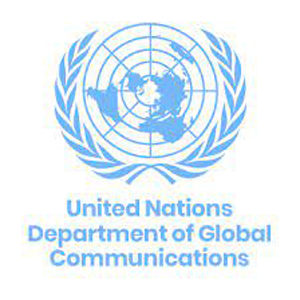
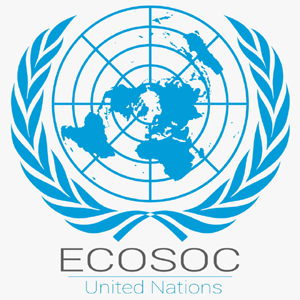
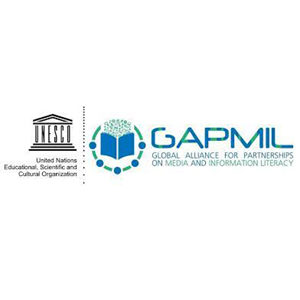
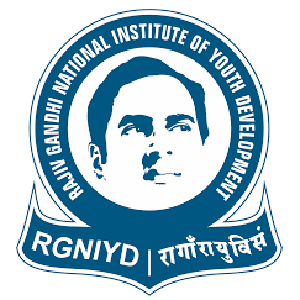
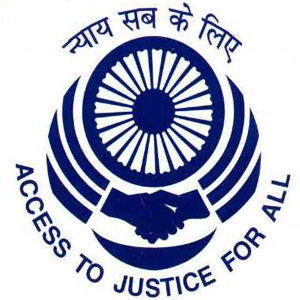
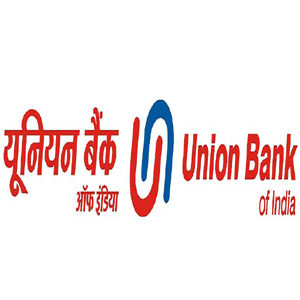
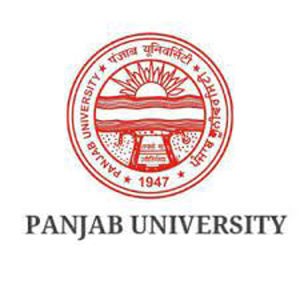
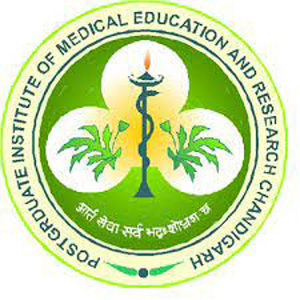
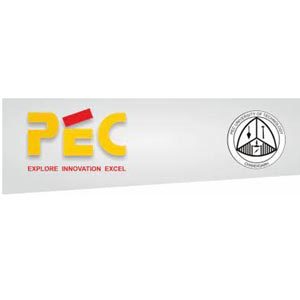
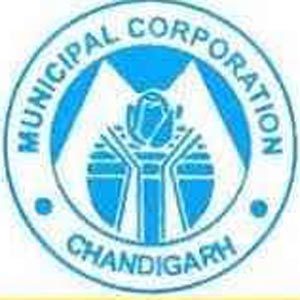
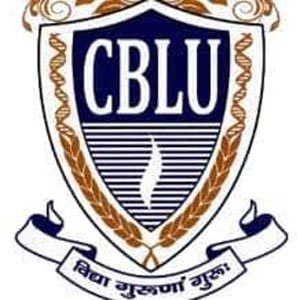

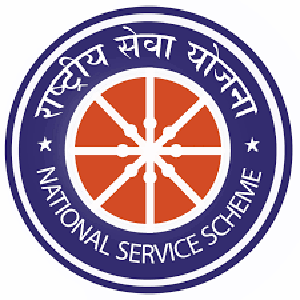
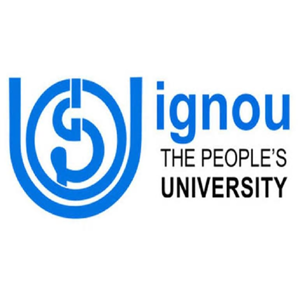
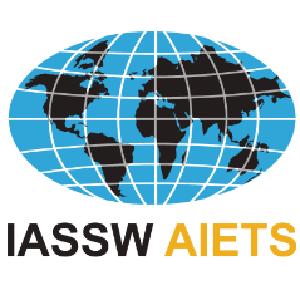
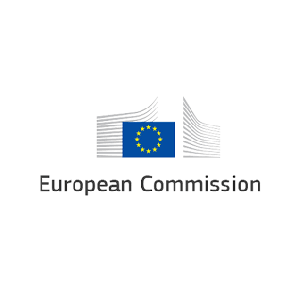
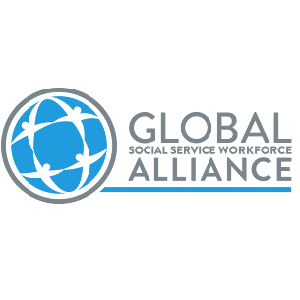
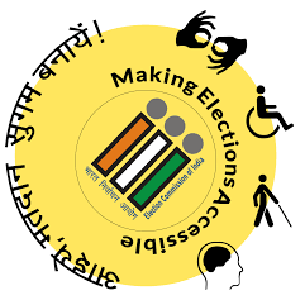


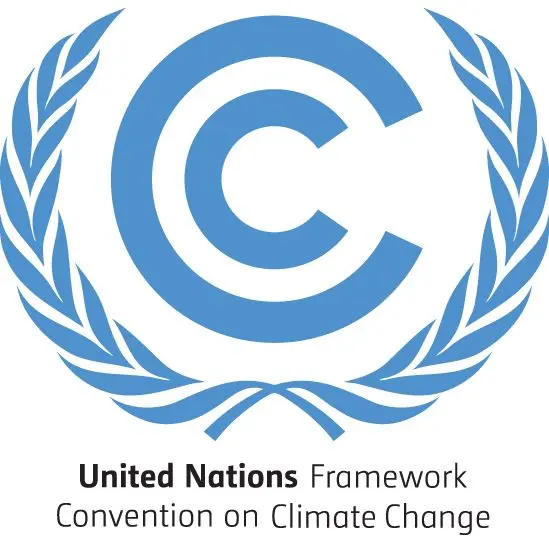

MOUs signed with Government Agencies, Civil Society & Grass-root Organizations, NGOs, Corporates and Educational Institutions.
The following organizations have signed MoU with Association of Professional Social Workers and Development Practitioners (APSWDP) for building partnership towards promoting Social Work Education for Sustainable Development:-
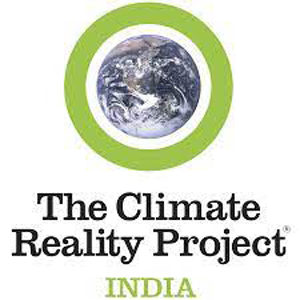
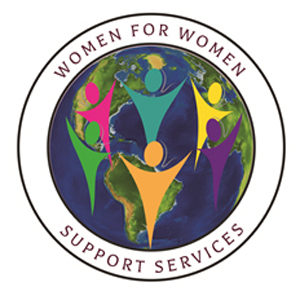
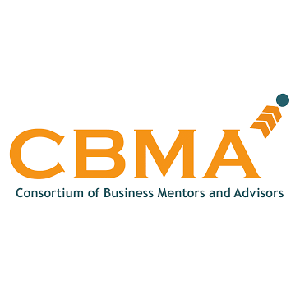
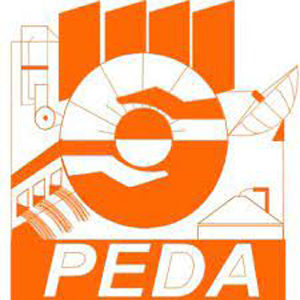
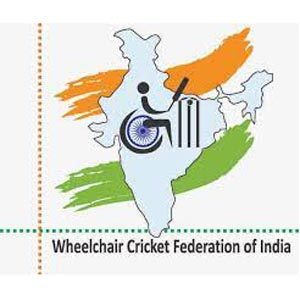
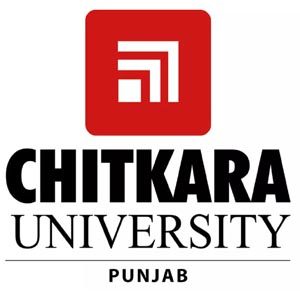
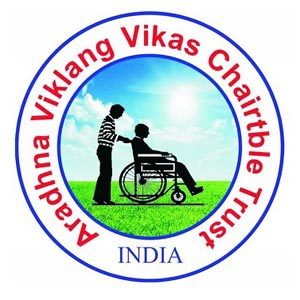
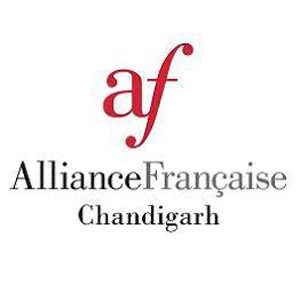
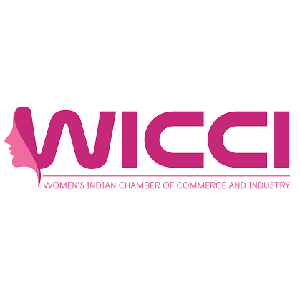

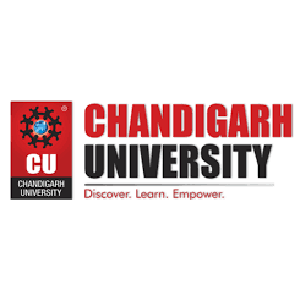
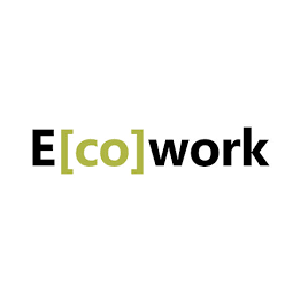


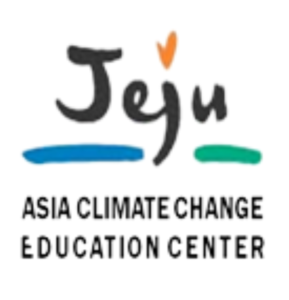

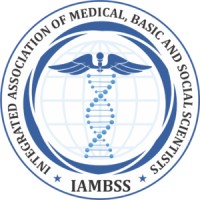
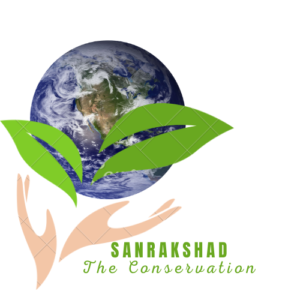
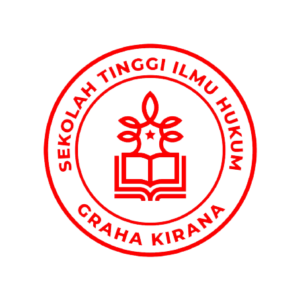
The brief details of organizations/institutions, which have signed Memorandum of Understandings (MoUs) with Association of Professional Social Workers and Development Practitioners (APSWDP) for building partnership towards promoting Social Work Education for Sustainable Development are as under:-
1. Karsog Student Welfare Association (KSWA) is a registered not for profit student association working for the welfare, development of youth belonging to Karsog in Himachal Pradesh. KSWA is a registered association under the H. P. Society Registration Act, 2006.
2. Raj Educational and Social Development Society (READS) is a registered not for profit community development organization endeavor to work in various social issues in both rural and urban areas at Sitapur district in Uttar Pradesh. READS is registered organization under the Society Registration Act, 1860. READS work on diverse areas including TB, Malaria, Anti Tobacco and Smoking, HIV/AIDS, Women and Child Health, Environment conservation for more than 9 years.
3. Madhav Sewa Society is a registered civil society organization working in various social domains across Jalandhar region in Punjab like youth development, adolescent awareness, child education, disability affairs, counseling and empowerment of persons with disabilities. The society is registered under the Society Registration Act, 1860.
4. Society for Promotion of Research Education Aid and Development (SPREAD) is a registered state level research based organization which aims to work in social work, development research field w.r.t. HIV/AIDS, urban development, climate change etc. The society is registered under the Society Registration Act, 1860 in Punjab.
5. Swarmani Youth Welfare Association (SYWA) is registered network young volunteers working on awareness generation on environmental conservation, Swachh Bharat Mission (SBM), Climate Change Adaptation (CAA), youth development etc. The association is registered under the Society Registration Act, 1860 at Chandigarh.
6. Chitkara University, Punjab is one of the pioneer universities of Northern India, running various Schools of Studies on its campus and Chitkara College of Education is one such school being run by the university and the college has been working since long for teacher training, skill development and capacity building of the teachers, using a variety of techniques and methods such as workshops, seminars, and field exposures as part of the curriculum to polish and groom its teachers to take the challenge of the future.
7. Women’s Indian Chamber of Commerce and Industry (WICCI) Chandigarh is Union Territory (UT) level council and a premier National Business Chamber for women envisioning Global Impact for Women Entrepreneurs, Business Women & Professionals from all walks of life. Supported by the massive global & influential women’s network viz. G100, All Ladies League (ALL), Women Economic Forum (WEF) & SHEconomy, with 250,000 members & industry leaders worldwide, WICCI drives fundamental changes in governmental policies, laws, incentives & entrepreneurial ecosystems, with a view to robustly encourage & empower women in business, industry, and commerce across all sectors and field.
8. Signicent Information Solutions LLP (India & USA) is a well-established firm with 80+ experts that assist business globally in their technology innovation, patents, trademarks, valuation, licensing, tech-transfer & market research needs. The company has divisions, namely Technology Research, Patent & TM Research, PatView BI Dashboard, and Market Research to provide seamless solutions.
9. Anant Enterprises, Chandigarh is established in the year 2000 working with the SWISS Government (INFRAS) to save the ozone layer through capacity-building training programs of muti stakeholders including RAC Technicians, trainers, government officials, etc. Anant Enterprises has worked with China, Bangladesh, Iran, Maldives, Afghanistan, Thailand, Myanmar, Bhutan, Nepal, Pakistan, Laos, Cambodia, DPR of Korea, etc. apart from European Countries.
10. Molecular Diagnostic & Research Laboratories (MDRL) is a registered research-based organization that endeavour to work on various health issues related to research in the country for developing affordable new test kits for serious illness. In addition, MDRL also focus on initiating research projects on the related health issues with various universities, research institutions in the country as well as abroad.
11. Wheelchair Cricket Association of India (WCFI) is a registered not for profit federation of state level wheelchair cricket association for inclusive development and empowerment of Persons with Disabilities.
12. Alliance Française Chandigarh is recognized by the French Embassy in India, Alliance Française de Chandigarh has played a pioneering role in promoting French culture in the City Beautiful ever since its inception in 1983. As a part of the Alliance Française network, consisting of fourteen other institutions spread across the nation and Nepal, and numerous institutions the world over, we strive to bring the disparate, yet similar cultures of India and France.
13. Chandigarh University (CU) is a private university located in Mohali, Punjab, India. The university was established on 10 July 2012 by an act of Punjab State Legislature, Chandigarh University has been accredited ‘A+’ by NAAC in 2019.
14. Consortium of Buisness Mentors and Advisors (CBMA) is a unit of Ekant Associates, is into Education and Skill Development, Coaching & Mentoring and Business Transformation at Chandigarh.
15. Women for Women Support Services is a Canadian Non Profit Organization which works on the objectives of women empowerment through women support groups and related services, counseling services, and initiatives that help women become economically, socially, emotionally and physically strong, self reliant and independent.
16. E[co]work Association is a Swiss based not for profit organization which exists within the meaning of Art.60 ff. ZGB (Swiss Civil Code). The purpose of E[co]work is to promote, assist and support the implementation of solutions that aims to improve environment, economical and/or social conditions in the waste sector.
17. Aradhana Viklang Vikas Charitable Trust is a registered, not for profit organization working for the empowerment of Persons with Disabilities (PWDs) through social support, para sports, life education in Gujarat.
18. Asia Climate Change Education Center (ACCEC), Jeju, South Korea is a global training center jointly established by Ministry of Environment of the Republic of Korea and Jeju Self Government Province in 2009. The main goal of the ACCEC is to establish a collaborative system of domestic and international climate change education through professional courses and promoting a world class hub of climate change education institute in Asia being accredited by United Nations (UNESCO).
19. Regional Institute of Cooperative Management (RICM) Chandigarh is a regional level training institution under National Council of Co-operative Management, an Autonomous Society promoted by Ministry of Cooperation, Government of India based at Chandigarh with the following objectives:-
- evaluate various courses in cooperative training and suggest measures for improvements;
- to arrange for provision on consultancy services to cooperatives, particularly on problems of management;
- to arrange training for small scale entrepreneurs, particularly in rural areas to encourage cooperation amongst them and adopt cooperative methods to enhance their business;
- to arrange for training and other activities relating to encouragement of cooperation amongst other stake holders of cooperative sectors in the country;
- to strive for making efforts to achieve the motive to strengthen the cooperative movement in Country.
- to do continuous research on cooperative so that it could be developed in tandem with the changing technology, environment and requirements in the sector;
- to arrange various paid programmes as required/requested by different cooperative organizations in its area of operations.
20. Punjab Energy Development Agency (PEDA)
Punjab Energy Development Agency was formed in Sept. 1991 as a state nodal agency for promotion and development of renewable energy programmes/projects and energy conservation programme in the state of Punjab. PEDA is registered as a Society under the Societies Act of 1860.
21. The Climate Reality Project India
The Climate Reality Project India: In 2006, Nobel Laureate and former U.S. Vice President Al Gore got the world talking about climate change with the Academy Award-winning film An Inconvenient Truth. It was just the beginning of a climate revolution, and later that year, he founded The Climate Reality Project to take the conversation forward and turn awareness into action.As a non-profit organization, its mission was to increase public awareness of the climate crisis at a grassroots level in the US and abroad.
The Climate Reality Project has branches in 10 countries and presence in more than 100 countries. Currently, The Climate Reality Project has trained more than 10,800 diverse and dedicated volunteers internationally called Climate Leaders representing 135 countries. The Climate Leaders have delivered 70,000 presentations and have reached a combined global audience of more than 7.3 million.
The Indian branch was started by Mr Gore with Dr. Pachuri in 2008. Today it is an independent trust by the name of The Climate Project Foundation. The trust has eminent Indians as trustees and has its office in New Delhi.The India branch looks after more than 500 trained Climate Leaders and more than 900 volunteers spread all over the country.
Once personally trained by Al Gore, volunteers of the project are known as Climate Leaders. They return to their communities and are connected by a website. They become an interactive community with the support of professionals who develop and revise, materials for Climate Leaders to use. With an updated and regionalized slide show, Climate Leaders address their audiences and carry out their presentations and talk to their networks about the challenges and solutions available to address the climate crisis.
22. Bule Hora University, Ethiopia is a pioneer government educational institution officially organized by Ministry of Education of Ethiopia. The university was officially established by proclamation No 213/2011 (213/2003 E.C) as one of the Ethiopian government higher education institutions.
Since the construction of Bule Hora University was delayed beyond its expected completion time, the university started functioning in the campus of Bule Hora College of Teacher Education with a total of 243 regular and 116-weekend degree students and also within 72 academic staff and 164 admin staff in 4 faculties and 6 Departments in the 2011/12 academic year, and transferred to its own campus in September 2012.
Currently, Bule Hora University has 164 programs, 89 undergraduates, 69 Masters and 6 PhD; and 10,542 regular, 6578 extension, totally 17,120 students (16,368 undergraduate, 752 postgraduate); with 1153 academic staff and 3239 admin staff, under eight colleges, one school and one institute, namely College of Natural and Computational Sciences, College of Agriculture, College of Engineering and Technology, College of Social Science and Humanities, College of Business and Economics, College of Health and Medical Science, College of Informatics, College of Educational and Behavioral, School of Law and institute of Gada and Cultural Study. The University has laid down structure for relevance and quality of education, research community service, and good governance.
22. Integrated Association of Medical, Basic and Social Scientists (IAMBSS) was founded with an aim to ameliorate the health research primarily through amalgamation of various disciplines. Registered under Societies Registration Act 1860, this organization is a global rostrum that has enthralled huge interest for its exclusive inventiveness to consort academicians, researchers, clinicians and social scientists from different disciplines on a common platform with an aim to integrate and strengthen scientific acquaintance. IAMBSS believes that exchange and networking among the medical, social and basic scientists in India and abroad can be instrumental in attaining sustainable development in the field of health research. This organization also focuses on policy research and its implementation through fostering the convergence in multidisciplinary science.
23. Sanrakshad is a civil society, think tank working on the preservation, conservation of bio diversity, environment, climate change advocacy and water harvesting for more than a decade in Uttar Pradesh based at Kanpur.

